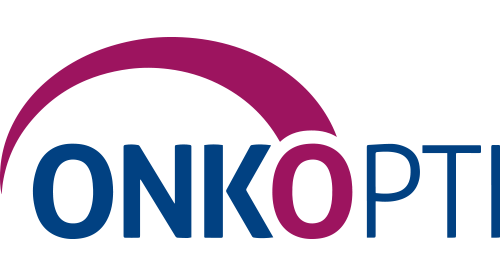Chemotherapy protocols
License 3: Import into MS Excel / XML
To use the Onkopti® protocols on individual computers, Onkodin offers the “OptiTemplate” application program for download, into which the protocols can be imported.
Supplemented with the patient data, the order is calculated, which is then available for individual therapy.
Prices
An individual license is required for each PC workstation; The prices are staggered according to the number of licenses;
Register now
Prices are net prices, to which 19% VAT is added. For purchases outside Germany, the respective country-specific regulations apply.
OptiTemplate is a Microsoft Excel 2016 application (Microsoft Corporation, Redmond, WA, USA) from Onkopti®, with which you can create a standardized oncological application protocol including all supportive and concomitant therapies as an Excel document with individual daily medication schedules for patients;
The application is easy and simple to use; OptiTemplate uses the familiar Microsoft Excel 2016 interface and is therefore also suitable for users with little PC knowledge. A context-sensitive plausibility check already indicates input errors during data entry.
To apply an Onkopti® protocol, the desired protocol must be downloaded from the Onkopti® website, saved and opened with OptiTemplate after the user has registered. Application protocols created with OptiTemplate can be saved as an Excel workbook, subsequently modified and printed out at any time for daily routine.
Request
| Licenses | Total annual license cost from 1.1.24 |
| 1 | 1.176,00 € |
| 2 | 2.292,00 € |
| 3 | 3.348,00 € |
| 4 | 4.404,00 € |
| 5 | 5.460,00 € |
| 6 | 6.456,00 € |
| 7 | 7.452,00 € |
| 8 | 8.448,00 € |
| 9 | 9.840,00 € |
![]()
Plus the statutory sales tax in Germany in the amount of 19%.
For purchases outside Germany, the respective country-specific regulations apply.
With the SEPA payment method, it takes 14 days for the amount to be credited to Onkodin GmbH via Stripe. The license(s) are then automatically activated.
The contents of the Onkopti® protocols imported into the OptiTemplate compared to the complete view are listed here.
Areas of the protocol
MS Excel
OptiTemplate
Name of the protocol from the substance names with dose information, usually in the order of application, possibly also established protocol acronym or study name, main indication, cycle information (C) Protocol number (PID) Version number (V)
Abbreviations from substance names for the file name of the protocol etc.
Disease(s), from publications, guidelines, approval
Standard, alternative etc. according to guidelines Intensity, therapy phase and intention
Duration and number from publication
Therapy plan with different protocols, link to graphic on Oncopti serverSupplements
Febrile neutropenia, neutropenia, anemia, thrombocytopenia, vomiting and other relevant risks clinically relevant data from publication
Hydration, allergy prophylaxis, antiemesis, supportive therapy e.g. mesna, drug-based tumor therapy (oral, parenteral), hematopoietic growth factors, infection prophylaxis, etc.
e.g. osteoporosis prophylaxis, on-demand therapy
Possible therapy modifications, warnings etc.
Graphical representation of the medications in a cycle
Relevant controls for implementation before and during therapy
Relevant clinical information for the implementation of the therapy
From the study in the original publication
From original publication
Study group, clinic etc. from publication
For protocol used literature, link to PubMed, alternatively directly to the source
Relevant publications, EMA, study groups, etc.
Recommendations by medical professional societies such as NCCN, DGHO (Onkopedia), German Cancer Society, ESMO, ASCO etc.
Examples:
MS Excel example with our application “OptiTemplate”, it shows the protocol
“Pembrolizumab 200 / Pemetrexed 500 / Cisplatin 75, non-small cell lung cancer (PID=1177 V1.3)”
for a patient. First, two pages with overviews appear and then the individual therapy days.
Further licenses for the use of our protocol database:
 License 1
License 1Online & PDF
 License 2
License 2
Import in BD Cato™
 License 4
License 4Other import
 Contact us
Contact usnow


